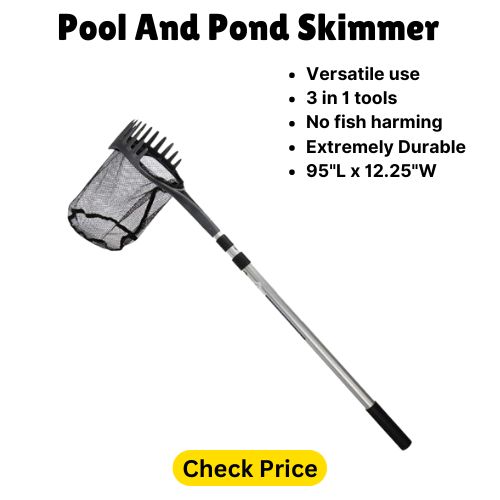Keeping your pool clean and safe for swimming is crucial for your health and enjoyment. One essential part of pool maintenance is shocking your pool regularly. Shocking your pool helps to remove contaminants, kill bacteria, and break down organic matter that can cause cloudy water and unpleasant odors.
What is Pool Shocking?
Pool shocking involves adding a concentrated dose of chlorine or other shock treatment to your pool water to raise the chlorine levels significantly. This process helps to eliminate bacteria, algae, and other harmful contaminants that regular chlorination may not be able to tackle effectively. It is an essential step in maintaining a healthy and clean swimming pool.
Factors to Consider
The frequency at which you should shock your pool depends on several factors, including pool usage, weather conditions, and water quality. Here are some key factors to consider:
- Pool Usage: If your pool gets heavy use, you may need to shock it more frequently to combat the buildup of contaminants from swimmers.
- Weather Conditions: Hot and sunny weather can lead to faster chlorine depletion, requiring more frequent shocking to maintain adequate sanitizer levels.
- Water Quality: If you notice cloudy water, algae growth, strong odors, or skin irritation, it may be time to shock your pool to address these issues.
How Often to Shock Your Pool
So, how often should you shock your pool? The general recommendation is to shock your pool every 1-2 weeks as part of your regular maintenance routine. However, certain situations may require more frequent shocking. Here are some guidelines to help you determine how often to shock your pool:
| Pool Usage | Frequency of Shocking |
|---|---|
| Light to Moderate Use | Every 2 weeks |
| Heavy Use | Weekly |
| After Heavy Rainfall | Immediately |
Signs That Your Pool Needs Shocking
It’s essential to pay attention to the condition of your pool water to determine when it needs shocking. Here are some signs that indicate your pool may need to be shocked:
- Cloudy or murky water
- Algae growth
- Strong chlorine odor
- Skin irritation or burning eyes

Credit: clearchoicepoolcaretx.com
Credit: intheswim.com
How to Shock Your Pool
When it’s time to shock your pool, follow these steps to ensure effective treatment:
- Test the water to check the chlorine and pH levels.
- Calculate the amount of shock treatment needed based on your pool’s size and current condition.
- Dissolve the shock treatment in a bucket of water according to the manufacturer’s instructions.
- Pour the diluted shock treatment evenly around the perimeter of the pool while the pump is running.
- Wait for the recommended time before swimming to allow the shock treatment to work effectively.
- Retest the water to ensure the chlorine levels have returned to a safe range before swimming.
Frequently Asked Questions
How Often Should I Shock My Pool?
You should shock your pool every 1-2 weeks to maintain water clarity and hygiene.
What Happens If I Don’t Shock My Pool?
Without regular shocking, algae and bacteria can thrive, leading to cloudy and unsanitary water.
Can I Shock My Pool Too Often?
Excessive shocking can lead to chlorine buildup, potentially causing skin and eye irritation.
Is It Necessary To Shock A Saltwater Pool?
Yes, saltwater pools also require periodic shocking to eliminate contaminants and maintain water quality.
Conclusion
Regularly shocking your pool is essential for maintaining clean and safe swimming conditions. By understanding the factors that influence how often you should shock your pool and recognizing the signs that indicate it’s time for treatment, you can ensure that your pool remains a healthy and enjoyable place to swim. Remember to test your water regularly, follow proper shock treatment procedures, and enjoy a crystal-clear pool all season long!



